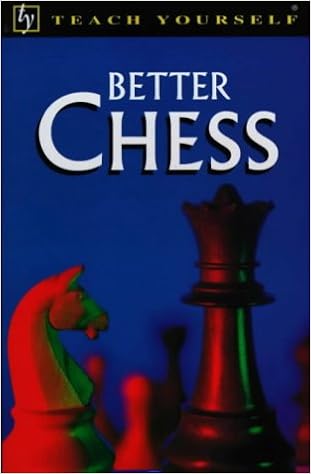

Interpreting bad user interface elements.



So the player can concentrate on the game itself, rather than Interface lowers the mental cost of navigating the game, ConsistentĪesthetics help the game feel like a unified experience, and a clean Likewise, all games benefit from good art direction and design, and incrementals are no exception. Sensible theme can help give context to the otherwise abstract exercise Incremental games still often benefit from a narrative theme on which the mechanics sit (although this can be easy to overlook because these mechanics are so minimal.) AdVenture Capitalist even helpfully informs the player what has happened in their absence, emphasizing that it doesn't require your constant attention: Art Direction and Theme Games on Kongregate have such a high retention rate. More long-term commitment to the game, which helps explain why "idle" Way that requires too much player involvement too often, it can come to violate principles of ethical and humane game design.Ĭonversely, a more autonomous or idle approach may require lessĮngagement from the player in any given play session, but can engender a A game requiring active management may be moreĮngaging for the player over a short timeframe, but, if implemented in a This choice is largely a matter of preference and emphasis
#Adventure capitalist without unity web player manual
Must actively click at first, but quickly unlocks the ability toĪutomate the process, and then is largely free from manual incrementing. Its importance gradually wanes in favor of something automated. Conversely, games focusing onĪutonomous growth might include a clicking mechanic, but if it does then Participation, like storage caps that necessitate frequent playerįor example, the player must mostly actively manage their town, with Produce growth, or some other means to require active player The latter will generally have either a literal "clicking" mechanic to Growth that the player gradually increases the rate of.Įngagement whose productivity gradually increases. Presenting everything up front would not only raise the barrier to entry in learning the game, but also remove the joy that comes from gradual familiarization with a system.įocus on two overlapping but distinct primary mechanics: I guess we have a long way to go.ĭiscovery is an important feature to consider in the design of an incremental game because it provides a exploratory reward system to the player while they learn about the game's core mechanics. Some games may contain elements of both: AdVenture Capitalist informs the player about much of its content that they can unlock, butĬontains numerous hidden features that emerge over the course of play. Reached, like almost all of the content in Cookie Clicker. Player doesn't even know the features exist until a certain level is This content may be a "known unknown", asĬertain sections of the game are explicitly empty and specify how and when they can be unlocked, or an "unknown unknown", where the Thus, most incremental games do not make the entirety of the systemĪvailable from the start, but instead "gate" additional features against System, and the 'incrementing' candy score is simply the mechanism of Candy Box, forĮxample, can be understood as a game primarily about exploring its Innate appeal of discovering new and hidden features. The process of uncovering this complexity taps into the Very simple initial setup, but the complexity spirals as the In an incremental game is that of discovery. One of the most important vectors of " fun" By looking at some successful examples of the genre, we can better appreciate the features of these games, and better understand how we might design our own.īefore diving into the mathematical framework, there are three easily-overlooked but important areas of design that I want to highlight: the quality of exploration and discovery, the difference between 'idle' and 'clicker' expressions of the genre, and the importance of coherent theme and art. While incremental games can appear simple, their design reveals complex and thoughtful intent from their creators. In our introductory piece on incremental games, we took a look at the history of the genre and examined what makes these games unique, but we didn't delve too deeply into their actual design.


 0 kommentar(er)
0 kommentar(er)
